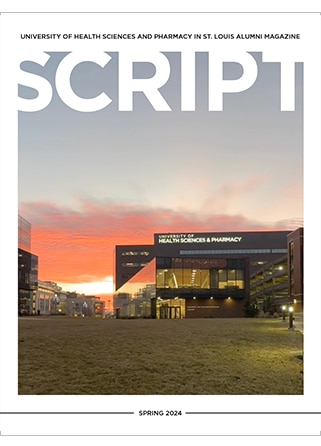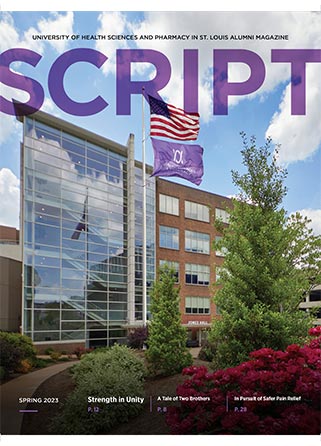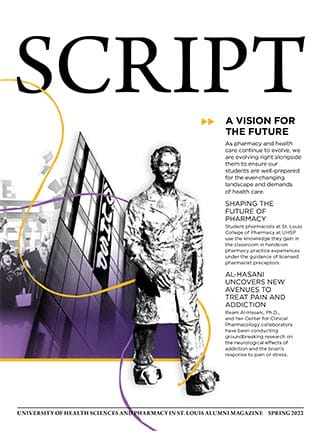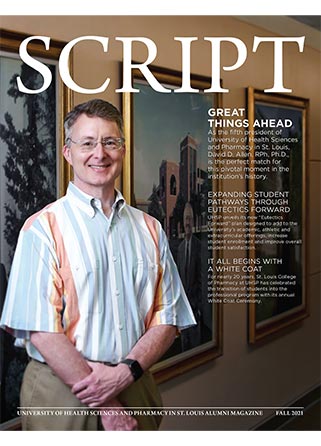news & events
Your UHSP News & Events Hub

Admissions
Questions to Ask During Your College Search
Curious about what to ask during your college search? From professor accessibility to campus fit, dive into our guide now!
Read More

Admissions
The College Jitters: How to Overcome College Anxiety
Discover practical tips to overcome college anxiety, ease your worries and navigate the college experience with confidence.
Read More

Students
An All-American and a Scholar
When choosing a college, Grace Beyer, NAIA all-American, wanted a place she could prioritize her academics while playing the sport she loves.
Read More

Students
From Small Town Dreams to Big City Courts
Alivia Simily balances her passion for pharmacy with her love for sports while navigating newfound independence at the University.
Read More

Athletics
Key Factors to Ponder Before Pursuing Sports in College
Interested in playing college sports? Before you make the leap, there are some important factors you definitely want to consider.
Read More
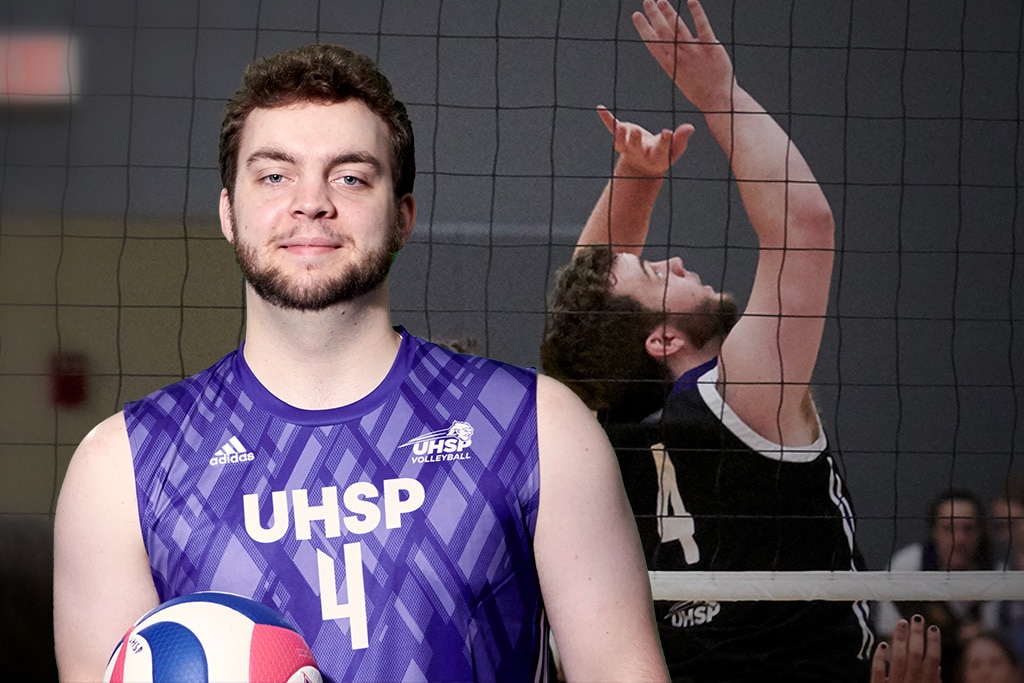
Students
Eutectic Graduate Sets Himself Up for Success
Explore the inspiring journey of Cole Cwiklowski, B.S. ‘23, a UHSP graduate student and Eutectic’s Men’s Volleyball player. Follow his story as he shares insights on balancing sports and science, the camaraderie within the Eutectics Men’s Volleyball team, and his future aspirations in the field of Medical Chemistry.
Read More
Don’t Miss These Upcoming Events
Submit Your Story Ideas
Is there a UHSP story you’d like to be told? We’re always looking for great ideas. Send us your suggestions, and we’ll determine if it can be used for a web story, social media or news media pitch.
Script Magazine
Published twice a year, Script is the University’s alumni publication. Check out the current and past issues for student and alumni profiles, pharmacy and University related features, class notes and general University news.

